
As one of the important mineral resources, copper beneficiation technology research has always been the focus of the mining industry. With the continuous development and utilization of copper resources and the continuous reduction of high-quality resources, various copper mining companies have begun to continuously promote technological innovation and process optimization to improve the utilization efficiency of copper resources. At the same time, it can also effectively reduce production costs and greatly improve the company's efficiency. economic benefits and market competitiveness. The copper ore beneficiation industry has made significant progress in equipment improvement, process optimization and chemical application. The following will give a detailed introduction to the current status and development of copper beneficiation technology.
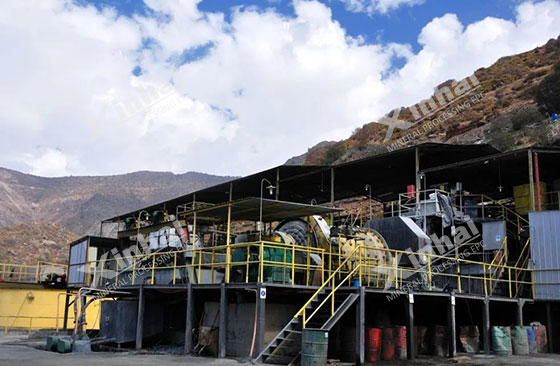
The gradual large-scale of dressing equipment and the continuous optimization of processes are the key to improving the utilization efficiency of copper ore. The large-scale equipment aims to save energy and reduce consumption, while process optimization includes further reducing the grade of copper ore to improve resource utilization. By adopting high-efficiency and low-toxic dressing agents, enterprises not only improve the recovery rate of copper and associated metals, but also reduce production costs and reduce environmental pollution. These measures have jointly promoted the advancement of mineral processing technology.
In the crushing stage, the copper beneficiation process follows the principle of “more crushing and less grinding” to improve energy efficiency. The grinding process has been optimized by introducing high-efficiency and energy-saving new equipment and materials, such as new steel balls, liners, and grinding aids. These improvement measures include reasonable optimization of crushing and grinding particle size, adjustment of crushing operation time, mill speed, and grinding media ratio. These adjustments significantly improve the particle size qualification rate of ground products while effectively reducing energy consumption.
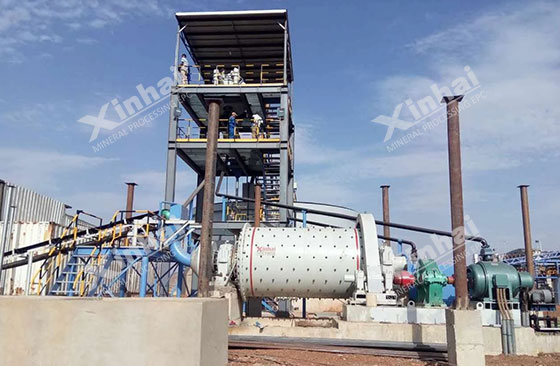
In response to different copper ore properties, major ore-selecting plants have continuously adjusted the grinding and flotation process to improve the grade and recovery rate of copper concentrate and reduce production costs. The application of new processes such as rapid flotation and efficient selective collectors enables rapid flotation and early recovery of copper minerals. In addition, in response to changes in ore properties, a process of step-by-step priority flotation of copper and regrinding and reselection of middlings is adopted to optimize the comprehensive recovery of copper, gold, silver and sulfur.
The processing technology of high-sulfur copper ores faces many challenges. The concentrator improves the quality of the copper concentrate by adopting a process that combines optimal flotation with equal floatable phases, and combines the process of regrinding and separate separate separation of medium ore. For refractory copper ores with high arsenic content and complex occurrence conditions, the concentrator implements a multi-stage grinding process, including stage grinding, coarse concentrate regrinding, fine tailings regrinding and separation. At the same time, combined inhibitors such as sodium sulfide, sodium thiosulfate and ammonium chloride were used to successfully solve the problem of arsenic inhibition. These comprehensive measures have effectively improved the quality and recovery rate of copper concentrate, achieved successful separation of copper and arsenic, and significantly improved the overall mineral processing efficiency and economic benefits.
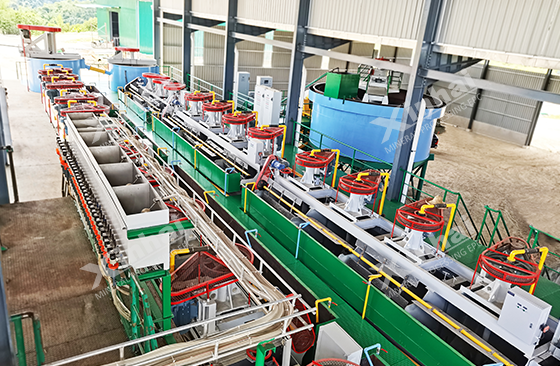
Flotation methods are mainly used to treat oxidized copper ores, including sulfide flotation, direct flotation with fatty acid collectors, and amine collectors. Sulfide flotation is the most commonly used method due to its good selectivity. Fatty acid collectors are suitable for high-grade oxides, while amine collectors are suitable for minerals containing oxidized lead and zinc. The progress of low-alkali and weak-alkali copper-sulfur separation processes has solved the problem of gold, silver and sulfur losses under high calcium conditions.
Copper-containing polymetallic ores are difficult to separate by flotation due to their complex mineral composition and variable physical and chemical properties. Current flotation research focuses on the separation of copper from lead and zinc, using new reagents and new processes to improve separation efficiency. Most flotation processes use sequential flotation of copper, lead and zinc or mixed flotation of copper and lead, and some preferential flotation processes are also used to solve the problem of flotation separation.
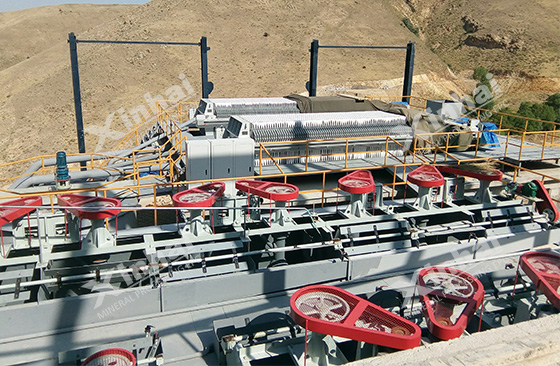
In terms of reagent research, the research and development of flotation collectors for copper sulfide ores is developing in the direction of improving collection capacity and selectivity. Collectors such as xanthate, black medicine and thiocarbamate play an important role in flotation. The combination of xanthate and other selective collectors can achieve the comprehensive recovery of beneficial elements such as copper, gold, silver and sulfur. Black medicine and thiocarbamate as secondary collectors further improve flotation efficiency and resource recovery rate.
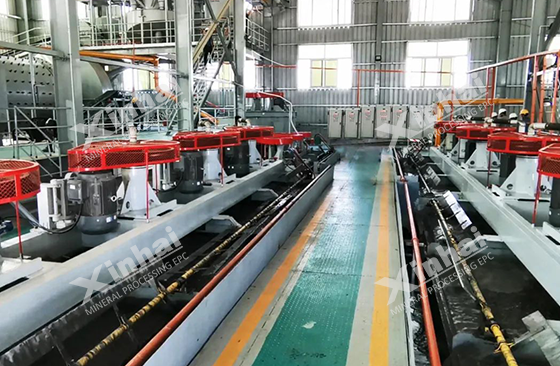
Copper beneficiation technology has made significant progress in its continuous development. Through equipment improvement, process optimization and pharmaceutical research and development, copper mining companies have not only improved resource utilization efficiency, but also reduced production costs and reduced environmental pollution. Despite challenges, especially the processing of high-sulfur and complex ores, technological innovation continues to push copper beneficiation technology to a higher level.
To find out more about our products and solutions, please fill out the form below and one of our experts will get back to you shortly.